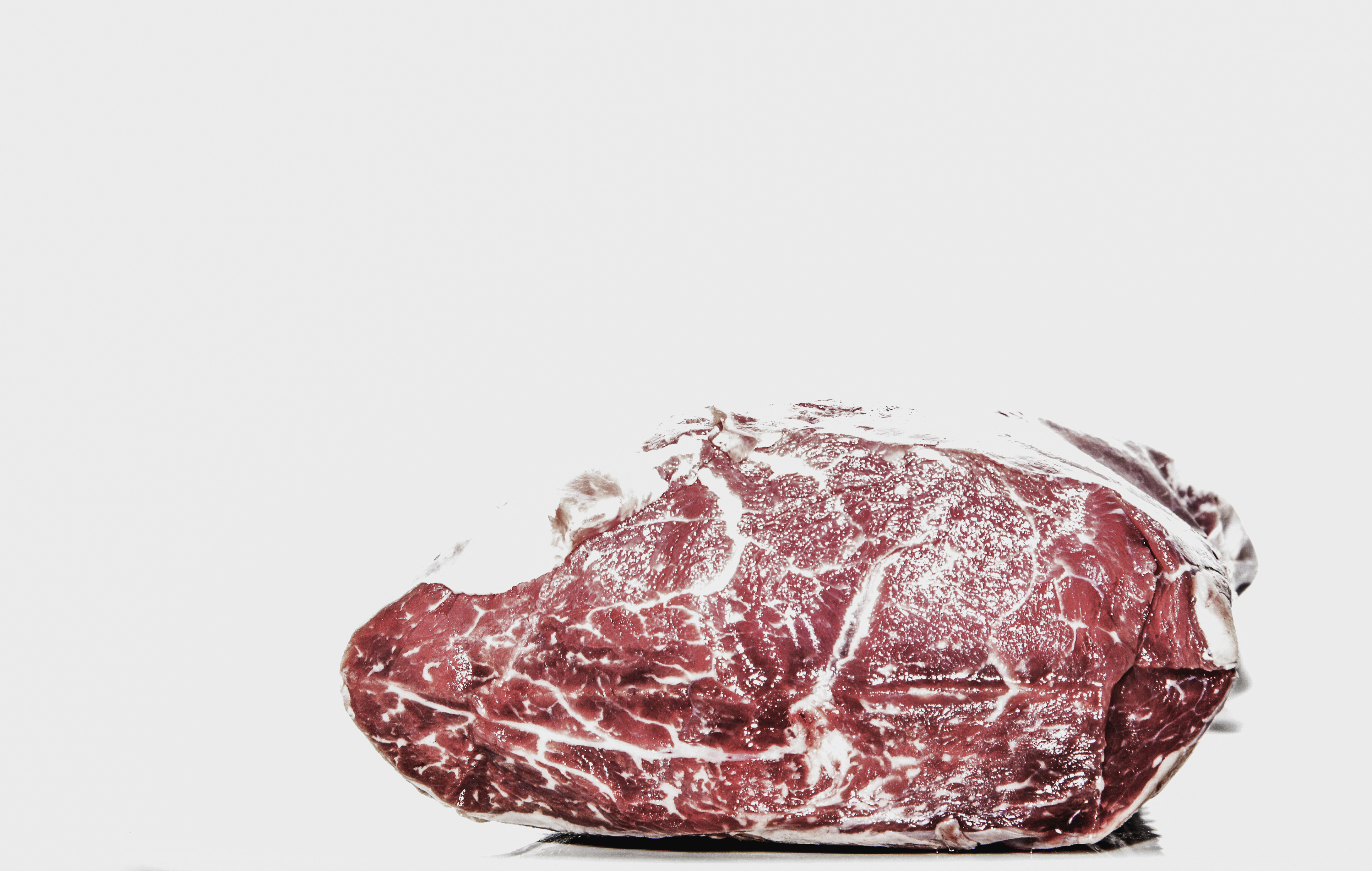Rabbit starvation is a serious risk during survival situations. Read on to learn what it is and how to stock your survival stash so you don’t fall victim to it yourself.
What is Rabbit Starvation?
“Rabbit starvation” is a term used to describe a form of malnutrition caused by eating a diet high in protein but low in fat. Also known as “protein poisoning”, rabbit starvation mainly effected Native Americans living in forested areas during the winter who depended on rabbit meat (which has nearly ¼ the fat of beef) and explorers.
While rabbit starvation is extremely rare in the modern world, it is something to consider when stocking up on survival food. Artic explorer Vilhjalmur Stefansson, who directly observed the results of rabbit starvation wrote “If there are enough rabbits, the people eat till their stomachs are distended; but no matter how much they eat they feel unsatisfied. Some think a man will die sooner if he eats continually of fat-free meat than if he eats nothing…”.
Storing Balanced Nutrition
Rather than piling up beef jerky or canned tuna to the ceiling, plan your stash based on a balanced diet. This might be hard when it comes to fruit and vegetables, but there are many options even for that such as green powders, dried seaweed, dried fruits like raisins, and multivitamins which will help prevent other deficiency syndromes such as scurvy.
For fat sources that can be stored for prolonged periods of time, there are oils. Vegetable oils are cheap and can add the fat you need to a meal. Coconut is more expensive, but one of the most nutritious fats you can store and virgin coconut oil lasts indefinitely on the shelf. Nuts like almonds, cashews, and peanuts (yes I know peanuts are legumes and not nuts but they are fatty and for this purpose they are the same thing) will keep for a year in the right conditions and are high in fat and in protein. Pork lard can be a great way to add fat to nearly anything cooked, it lasts
Nuts like almonds, cashews, and peanuts (yes I know peanuts are legumes and not nuts but they are fatty and for this purpose they are the same thing) will keep for a year in the right conditions and are high in fat and in protein. Pork lard can be a great way to add fat to nearly anything cooked, it lasts even without refrigeration if stored properly, and can be used in
making candles. And of course, homemade pemmican is an excellent option.
Keep overall nutrition in mind when planning your food storage, you are going to need to be as healthy as possible in order to deal with the demands that any kind of survival situation will place on your body.


